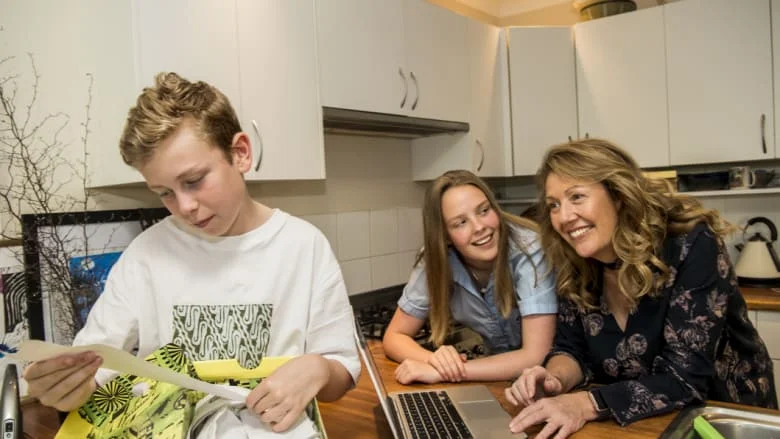Leadership, a word tied to success or failure. When you think of leadership, you're probably thinking of the adult experience of leadership; team leaders, department heads, senior management. But this important life skill begins to develop in childhood.
Our understanding of leadership in children and adolescents is still forming. In the last 10–20 years youth targeted leadership development programs has spotlighted the need to focus on leadership skills in young people. But if you haven't participated in one of these programs, like the majority of individuals, your first formal experience of leadership practice is in school.
Do you remember being the sports monitor for the day? Or perhaps you were a school prefect or captain? The difficulty with leadership within the school system is that it is not easy nor always possible to create opportunities for every young person to practice leadership skills and so, the chance to lead can only be extended to one person at a time. Many of us without much practice of leadership skills in childhood find ourselves facing the working world, underprepared.
So how can we create more opportunities for our children and adolescents to develop these important skills? The answer is simple, at home. Leadership development does not have to be formalised, it begins and can progress at home. Ask yourself, during your childhood and adolescence, how often did you get the opportunity to actively hone leadership skills? How often are your children refining their leadership skills? Considering there's plenty of practice needed, why shouldn't the home be a place of intentional leadership development.
Where do you start? There's plenty of daily tasks, events and decisions in our lives from which we can find the opportunity to focus on leadership skills. But if you want a fun idea for children who are ready to sharpen existing leadership skills, why not try what our founder, Felicity Waterford, recently did with her children, 14 year old Olivia and 12 year old Josh.
Inspired by Teenage Boss, a TV show hosted by Eddie Woo, the much loved Australian mathematics teacher – who you can find on #wootube, Olivia and Josh were given the family budget to manage for one month each. Children in charge of paying the bills and giving their parents a weekly allowance? What could go wrong you ask? Well, here's what went right. The bills were paid – which formed one of the rules, the budget was kept, and all spending was supported by receipts - full transparency.
“They had to stick within the budget, they had to pay the bills, but they could save money wherever they saw fit,” Felicity says. And they did save money. Out went the takeaway and in came meal planning.
The opportunity given to Olivia and Josh to practice money management, was doubly valuable as an opportunity to practice leadership skills. With the responsibility to pay the bills came the need to; negotiate with family members about what was and wasn't permissible in order to accomplish shared objectives; listen to their family and communicate with empathy, forward plan meals and set aside contingency money for unforeseen expenses, exercise stress management, conflict resolution, flexibility, make assessments, be accountable, delegate, and maintain confidence and composure. All whilst working toward the goal of making a savings at the end of the month, which turned out to be a whopping $535.00!
Beaming from their successful outcome, Olivia and Josh are keen on their next opportunity, and with savings made, why not? Everyday home-life provides us with the chance to consider what leadership/life skill can I be strengthening? You can try this in your home, shape the experiment however you like, perhaps by scaling it down, a budget swap for a week to get started, or perhaps you'd hand over the responsibility of the paying of bills, or grocery list making. Whatever best suits your children and family, give it a go.
Leadership is not simply an inherent trait, reserved only for 'born leaders'. Leadership can be built from learning and practicing a specific set of skills, that have the power to advance anyone's ability to lead. Research shows that the developmental years contribute to flourishing leadership behaviours displayed later in the workplace as an adult.
"Adolescent leaders are more likely to take up managerial positions as adults, and leadership skills developed early on can have a positive impact on future wages."*
If we want to give a meaningful advantage to our children and adolescents, we need to give them the opportunity to learn how to be effective, inspiring leaders within their own homes.
See Olivia, Josh and Felicity talk to Your Money Live about their experiment.
Hear Olivia share her experience with ABC Radio Perth.
Read the details of how it all went in the Sydney Morning Herald.
Look out for more on this family experiment on A Current Affair coming soon, we'll post a link when it goes live!
*Kuhn & Weinberger, 2005 Kuhn, P. & Weinberger, C. (2005). Leadership skills and wages. Journal of Labor Economics, 23, 395–436.

